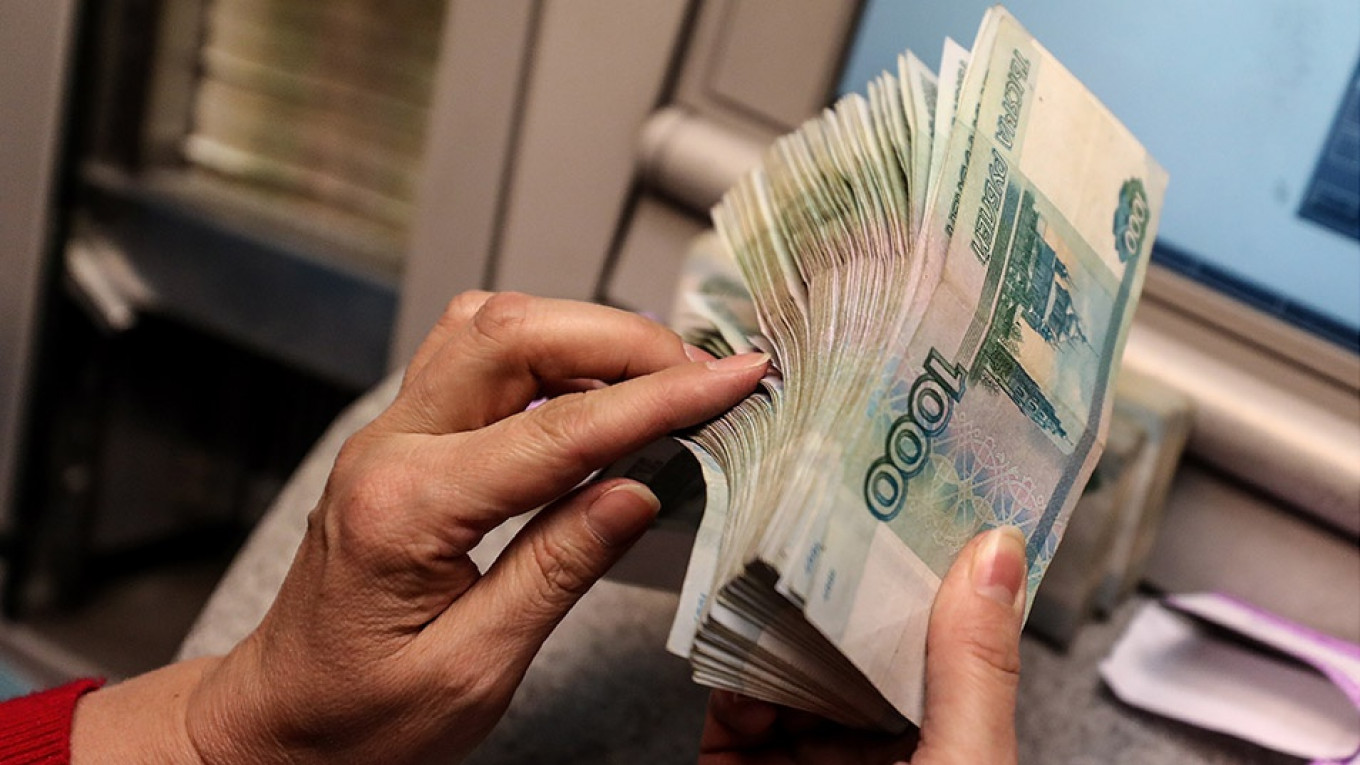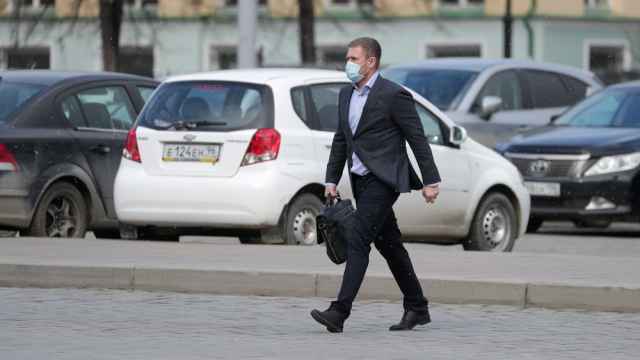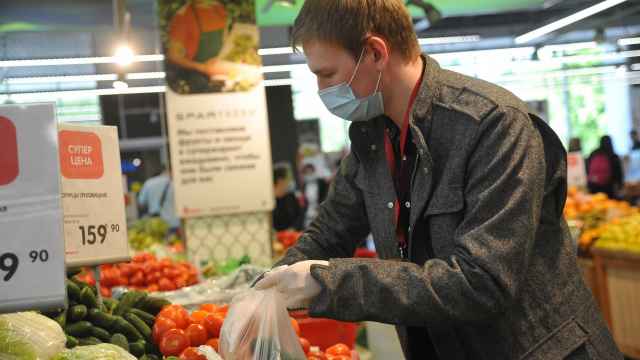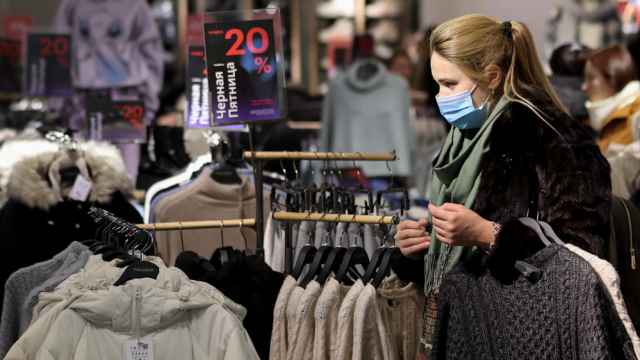Russia’s official statistics agency is displaying a feverish optimism under its new boss, Pavel Malkov, who took office in December. On Monday, the agency reported that in 2018, the country’s economy grew the fastest since 2012. Coming on top of a recent data revision that eliminated the 2016 recession, the recent numbers seem increasingly fishy, including to some government economists.
On Dec. 20, President Vladimir Putin was asked at a news conference why Russia’s economic statistics looked rosier than people’s actual lives would suggest and whether the data could be trusted. Putin admitted the statistics were “not perfect” and needed to be improved.
A mere four days later, Alexander Surinov, head of Rosstat, the official statistical agency, was asked to resign and Malkov, a former Economics Ministry official, was appointed in his place. Finance Minister Anton Siluanov commented on Dec. 24 that the quality of Rosstat’s data was “terrible” in some areas, such as people’s incomes (which went down in four of the previous six months) and inflation (which was higher than government forecasts for most of the year).
Before Malkov’s first week in office was over, Rosstat issued a major revision to 2016 and 2017 gross domestic product data. It corrected the 0.2 percent drop in output in 2016 to growth of 0.3 percent, asserting that the recession that followed a steep decline of oil prices in the fall of 2014 and the introduction of Western sanctions against Russia only lasted a year. Rosstat also corrected upward the 2017 growth number, to 1.6 percent from 1.5 percent.
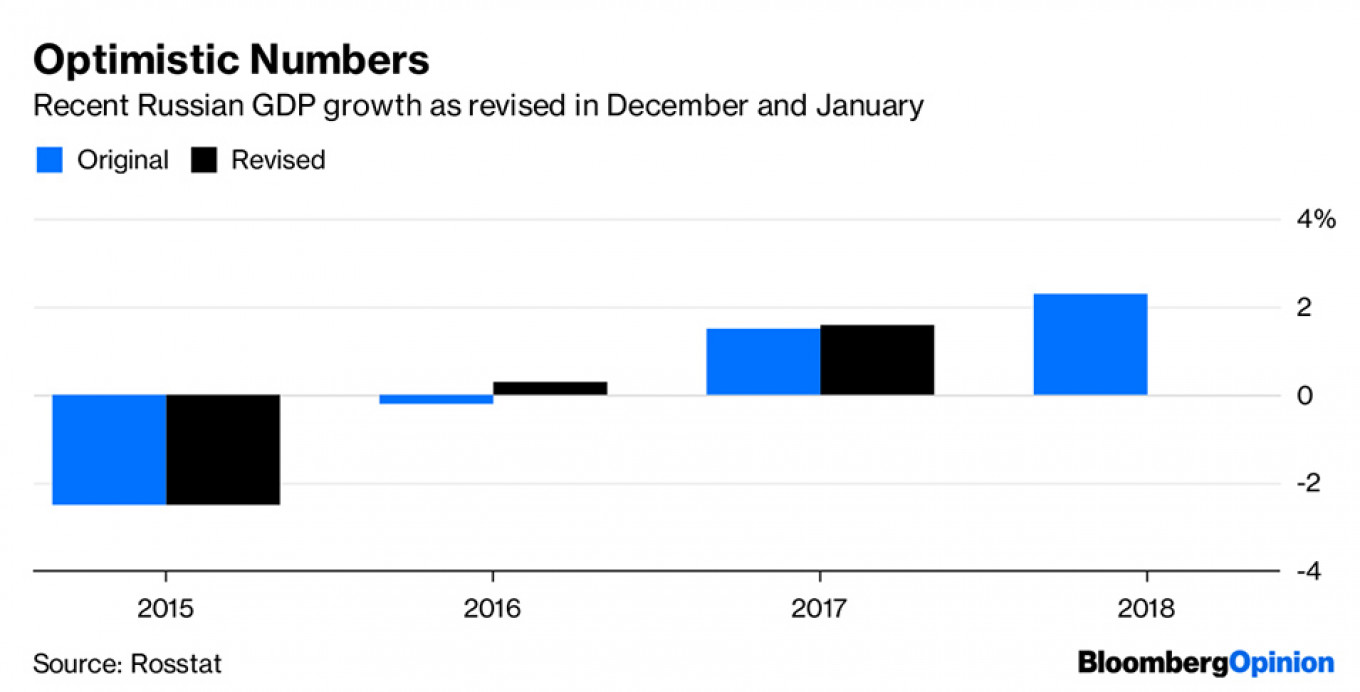
On Monday, Rosstat released 2018 growth data: 2.3 percent for the year. That beat every one of the 36 forecasts tracked by Bloomberg. The highest of those was 2.1 percent, and it was an outlier — 1.7 percent was the consensus.
The likely reason is a jump in Rosstat’s estimate of the increase in construction activity. The agency initially estimated a rise for January through November at 0.5 percent, but a revised estimate in January put the increase at 5.3 percent for the full year. The jump fixed an earlier incongruity in Russian statistics: Rosstat had reported a large increase in investment in the third quarter of the year that didn’t quite dovetail with stagnating construction.
There’s an innocuous explanation for the construction jump: Novatek PJSC finished its $27 billion liquefied natural gas facility on the Yamal Peninsula in northwest Siberia, and a large part of the project was likely registered by Rosstat in 2018 even if the actual construction took place earlier. But the credibility of Rosstat’s numbers is questionable.
On Jan. 2, Alexei Kudrin, who heads Russia’s budget watchdog, the Accounting Chamber, and who served as finance minister before Siluanov, tweeted that Russia’s GDP likely increased by 1.5 percent in 2018. Even after Rosstat released its optimistic estimate of 2.3 percent on Monday, another prominent government economist, Andrei Klepach of the state development bank VEB, also estimated the 2018 economic expansion at 1.5 percent. “I’m not inclined to trust anything else for now,” Klepach told the state-owned news agency TASS.
Whether or not the pessimism of Kudrin and Klepach is justified, Rosstat has a clear incentive to massage numbers. Putin’s approval is down, and Prime Minister Dmitry Medvedev’s numbers are suffering even more. For the first time since 2013, a plurality of Russians say the country is going down the wrong path. As Putin looks for ways to boost his popularity and reduce the potential for mass protest, firing Medvedev and reshuffling the unpopular cabinet, perhaps even starting corruption investigations against some top economic officials, look like attractive options.
Putin likes statistics and is proud of his ability to keep a lot of economic data in his head. Giving him good numbers to juggle could be a matter of survival for the government.
The recent revisions and the 2018 growth estimate are nothing if not bold. Even if the seeds were planted under Surinov, Malkov, the young careerist who succeeded him, won’t find it easy to release disappointing data after this burst of optimism. He’s promised to modernize Rosstat and bring it fully into the digital age. But “Garbage In, Garbage Out” is one of the key rules of our data-driven era. In today’s Russia, dealing in garbage could be better for self-preservation than recording faithfully what’s going on in the economy.
In any case, economists following Russia should watch Rosstat’s hands especially carefully now.
Leonid Bershidsky is a Bloomberg View columnist, the founding editor of the Russian business daily Vedomosti and the founder of the opinion website Slon.ru. The views and opinions expressed in opinion pieces do not necessarily reflect the position of The Moscow Times.
A Message from The Moscow Times:
Dear readers,
We are facing unprecedented challenges. Russia's Prosecutor General's Office has designated The Moscow Times as an "undesirable" organization, criminalizing our work and putting our staff at risk of prosecution. This follows our earlier unjust labeling as a "foreign agent."
These actions are direct attempts to silence independent journalism in Russia. The authorities claim our work "discredits the decisions of the Russian leadership." We see things differently: we strive to provide accurate, unbiased reporting on Russia.
We, the journalists of The Moscow Times, refuse to be silenced. But to continue our work, we need your help.
Your support, no matter how small, makes a world of difference. If you can, please support us monthly starting from just $2. It's quick to set up, and every contribution makes a significant impact.
By supporting The Moscow Times, you're defending open, independent journalism in the face of repression. Thank you for standing with us.
Remind me later.



